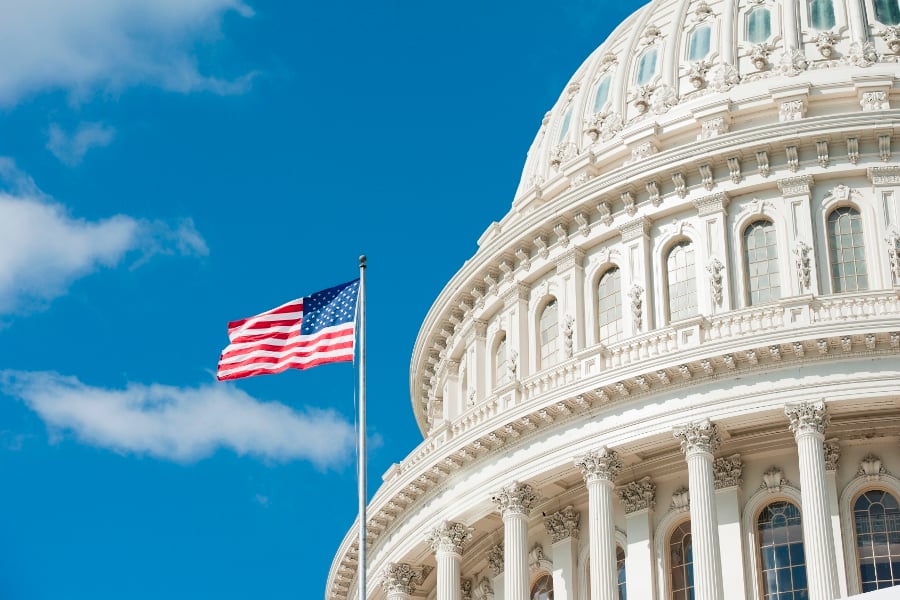

The Department of Labor’s contentious fiduciary rule is facing a fresh challenge in Congress as a key piece of legislation restricting the agency's ability to use funds for certain purposes clears an early hurdle.
On Thursday, an arbitrating group within the House Appropriations Committee passed a fiscal year 2025 appropriations bill allocating funds to several agencies, including the DOL, by voice vote.
The Fiscal year 2025 funding legislation, released Wednesday, was passed by the subcommittee of the Labor, Health and Human Services, Education, and Related Agencies with no amendments.
The measure, passed after just under an hour of consideration, contains provisions that, if approved, would prevent the DOL from using money to support several regulations.
As per Section 121 of the legislation, the DOL may not use any of the funds made available under the act to administer, implement, enforce its retirement security rule.
The bill similarly prevents the agency from using funds in support of the Employee or Independent Contractor Classification Under the Fair Labor Standards Act, and the Prudence and Loyalty in Selecting Plan Investments and Exercising Shareholder Rights rule.
The bill now faces its next legislative hurdle as it’s pushed up for consideration by the full House Appropriations Committee.
In a statement, Wayne Chopus, president and CEO of the Insured Retirement Institute expressed his support for the measure.
“IRI supports Congress’ efforts to stop DOL’s harmful retirement security rule. These policy riders will help to preserve consumers’ access to much-needed financial information and guidance to effectively plan for retirement,” Chopus said.
Last month, IRI joined a legal challenge against the DOL’s retirement security rule, otherwise known as the fiduciary rule. The coalition behind that challenge, which also included the American Council of Life Insurers and the National Association of Insurance and Financial Advisors, argued the DOL’s fiduciary standard imposes undue restrictions on nearly all financial professionals who sell retirement products.
The first lawsuit against the fiduciary rule, led by another group that includes Federation of Americans For Consumer Choice, was filed in early May in Texas federal court, just a few weeks after the final fiduciary rule was approved in late April.

Wells Fargo, Commonwealth, UBS are the firms losing advisor teams.

Firms are facing increasing scrutiny over whether they can be held responsible for losses by clients whose ability to understand their investments has been compromised.

Decision deepens the two firms’ decade-long relationship

Linqto Inc. was one of the first tech platforms to promise access to small investors into the high-risk, high-reward world of private investments.

Since Vis Raghavan took over the reins last year, several have jumped ship.
Stan Gregor, Chairman & CEO of Summit Financial Holdings, explores how RIAs can meet growing demand for family office-style services among mass affluent clients through tax-first planning, technology, and collaboration—positioning firms for long-term success
Chris Vizzi, Co-Founder & Partner of South Coast Investment Advisors, LLC, shares how 2025 estate tax changes—$13.99M per person—offer more than tax savings. Learn how to pass on purpose, values, and vision to unite generations and give wealth lasting meaning
